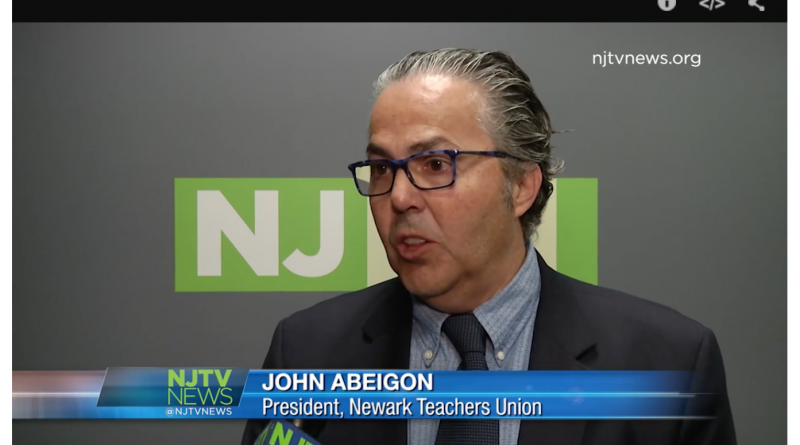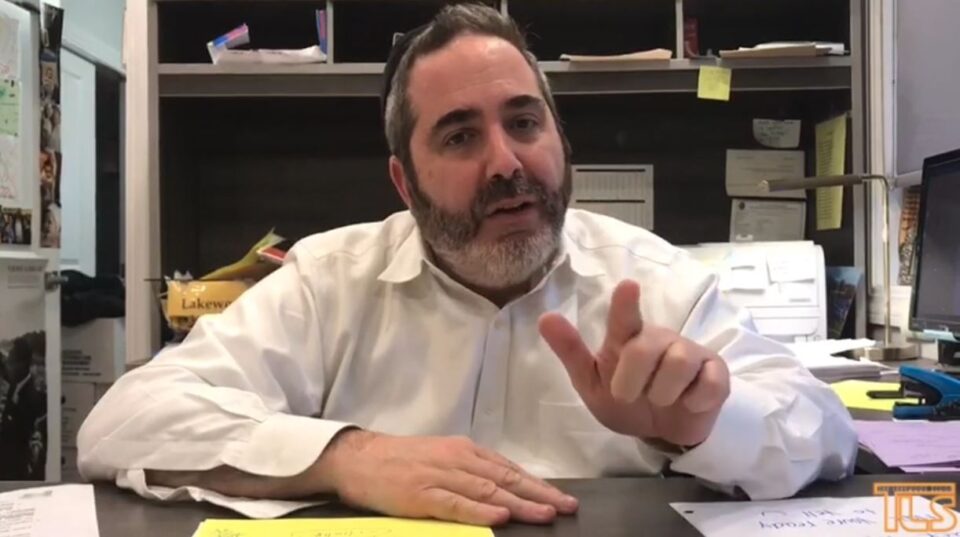What the Heck is Going on in Newark?
February 20, 2015“First Vaccinations, Now it’s the PARCC Test”
February 23, 2015Sunday Leftovers
New Jersey students survived the first day of PARCC testing! Here’s a Bayonne ninth-grader: “It was really easy, actually,” [Kion] Namjou said. “It was really smooth, our proctor was really nice. The test went well.” There were surprisingly few opt-outs; the Star-Ledger: “Districts said the majority of students who were supposed to take the tests participated Friday, with very few refusing to taking it.”
Dr. Allen DeFina in Hopatcong (via Jersey Herald) also had good things to say about PARCC: “I’m not a fan of most tests,” said DeFina, who is the dean of education at New Jersey City University and a member of the NJ Educator Leader Cadre working on PARCC’s development. “But if we ought to have a test, we ought to have a really good test, and I can tell you that this test is one of the best designed tests we’ve ever seen.”
At NJ Spotlight, “Laura Slover blames politics for growing ‘opt-out’ movement, says critics will ultimately see worth of new exams.”
Meanwhile, NJEA is using members’ dues to pay for a six-week advertising blitz against PARCC, timed to start as the NJ Assembly takes up Ass. Patrick Diegnan’s bill that would gut teacher tenure and evaluation reform. Much of NJEA’s campaign rhetoric focuses on presumed psychic damage to kids and teachers. From all evidence, the kids are alright. (ICYMI, here’s my commentary, based on a PARCC simulation in Newark.)
Another N.J. superintendent (Penny MacCormarck of Montclair) bites the dust to take a NYC position without a salary cap. In Hamilton, Superintendent James Parla unexpectedly asked the school board to terminate his contract,
Atlantic City Public Schools are broke, says NJ Spotlight. Also see the Press of Atlantic City.
The Asbury Park Press features a lengthy analysis of the achievement gap between poor students and rich students, considers the impact of the Common Core, and looks at Keansburg, an Abbott district that is having success in closing the gap.
Today the N.Y. Times Editorial Board urges Congress to not give up the gains we’ve made in education in its pending ESEA reauthorization:
The state leaders call for more flexibility, but also for Congress to ensure that states design strong accountability systems that set out clear short-term and long-term goals for student improvement; that use multiple measures, including test performance; and that break down student test data by race, income and disability status. Most notably, they want Congress to require states to intervene in districts or schools that fail to meet state goals, fail to educate subgroups of students or have declining student performance over time.
Robert C. Pianta, dean of the Curry School of Education at the University of Virginia, describes teacher union resistance to proposed federal regulations on teacher prep programs:
I am embarrassed that professionals responsible for the preparation of teachers seem to oppose so adamantly efforts to evaluate the competence of the workforce they produce. As a scholar who works in areas related to the assessment and improvement of teaching, as an educator and as a dean of a school of education with a teacher preparation program, I worry that, rather than recognizing an opportunity for real leadership, my profession has reached a new low in the teacher wars. The response to the proposed regulations is a failure to recognize our responsibility to the public and to our own goals and values.




